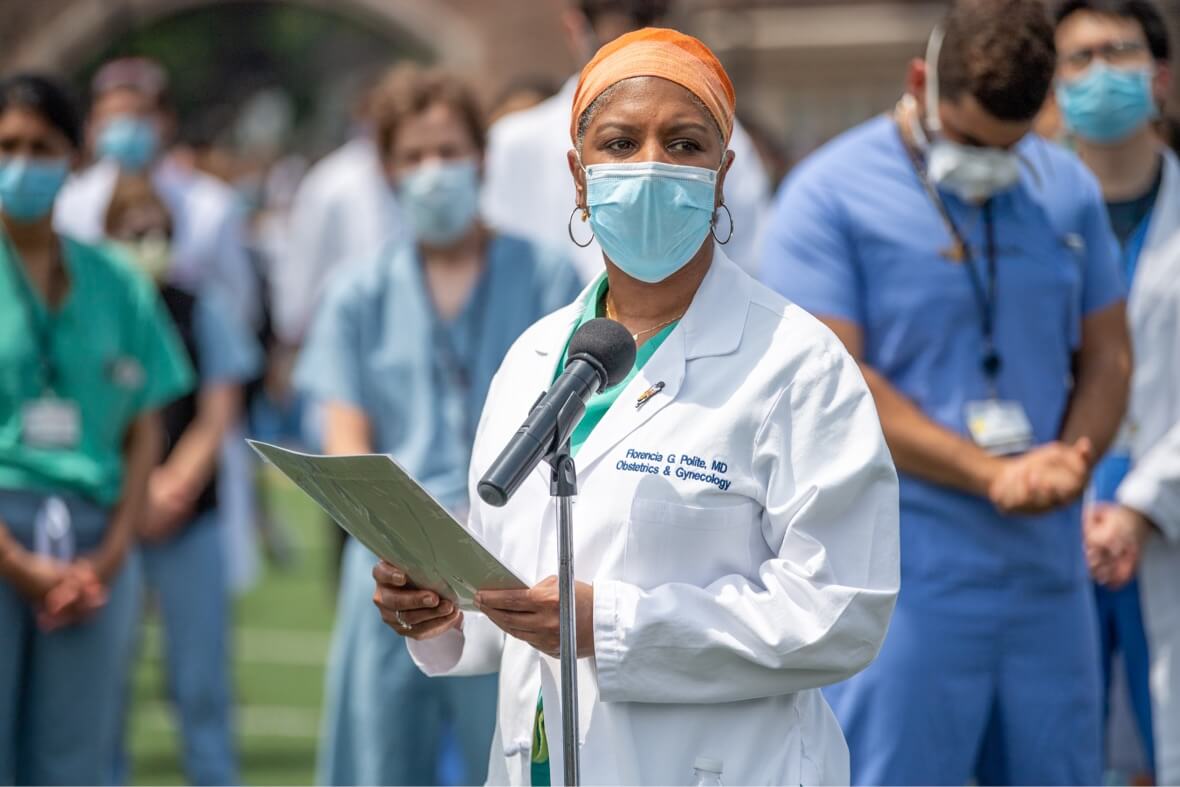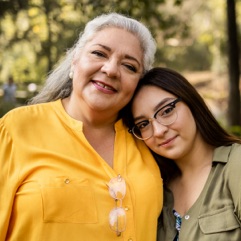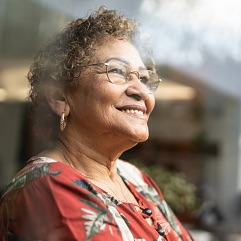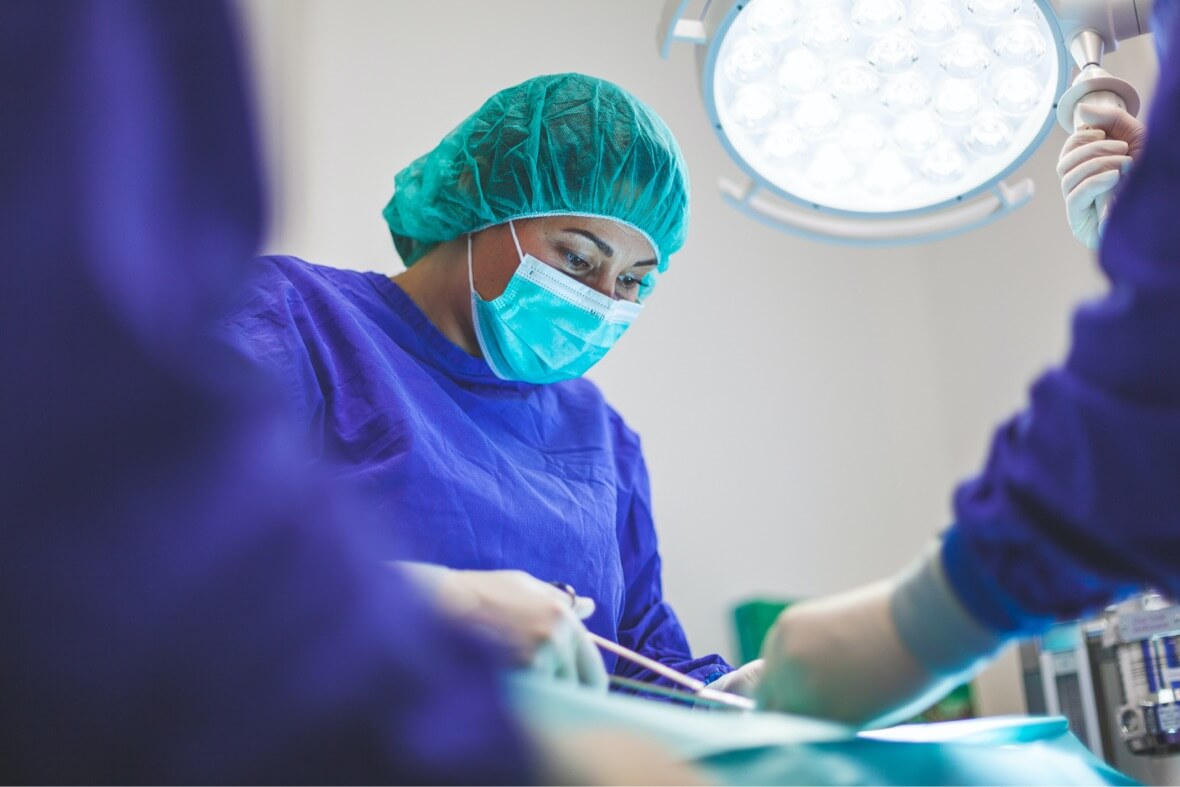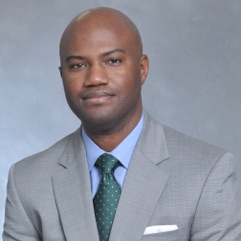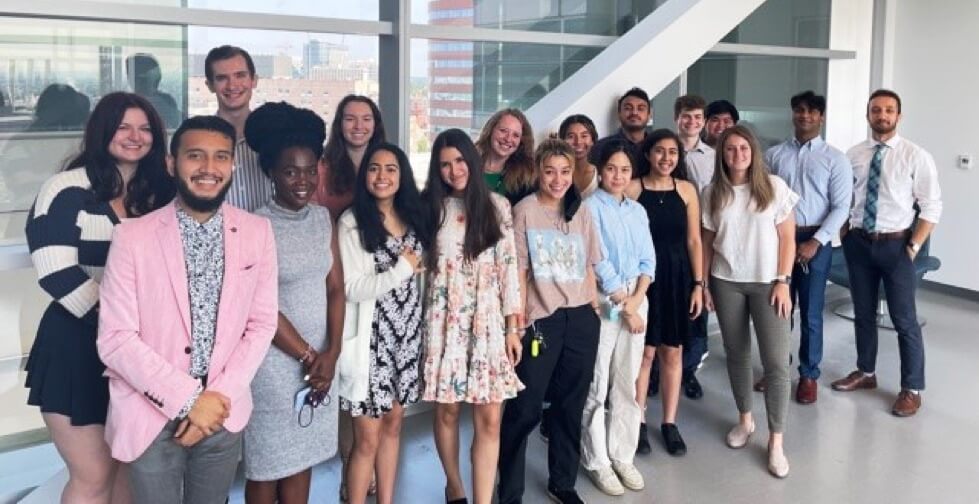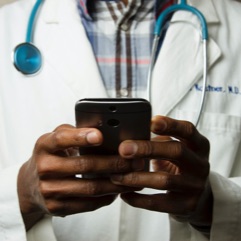In June 2020, Abramson Cancer Center Director Robert Vonderheide, MD, DPhil, made a pronouncement via email that affirmed the Abramson Cancer Center’s position and prioritized new and ongoing initiatives focused on diversity, equity and inclusion: "The Abramson Cancer Center repudiates racism and discrimination of any kind, and is committed to leading by example in fostering a community inclusive of all—among our researchers, faculty, staff, trainees and patients."
His words created a ripple effect across the organization, validating existing efforts and spurring new ones. Oncology clinical units embraced the vision, as evidenced by the progress made by Hematology/Oncology, Radiation Oncology and Surgical Oncology to focus on eliminating bias and developing more diverse clinical groups to better meet the needs of our patient population.
Diversity, Equity and Inclusion in the Clinic
The Division of Hematology/Oncology within the Department of Medicine has long been focused on improving the care and lives of patients of color. A Diversity, Equity and Inclusion (DEI) committee of 21 dedicated oncologists, faculty, fellows and staff leads this effort. Together, they are passionate about ensuring that their work is not just a reflection of the moment, but a movement that draws strength from their collective voices. Following Dr. Vonderheide’s statement, the committee was further inspired to look inward and see what the Abramson Cancer Center and Penn Medicine could do better.
Yehoda Martei, MD, MSCE, Vice Chief of Diversity, Inclusion and Health Equity in the Division of Hematology and Oncology, shares, "It was important for us to reflect on the fact that what we see on the national stage affects us locally, too, and realize that we still have a lot of work to do. I think sometimes when we think about disparities in care, we think about it happening ‘out there,’ because we do have such great initiatives at Penn. But we need to make sure that greatness is translating to all groups within our patient population."
A series of unconscious bias and upstander training sessions with staff and clinicians created a forum for clinicians to better understand their own biases and consider ways to ensure that every one of our patients receives the same incredible care.
"Often physicians look at their patient panel and say, ‘Well, I treat all my patients the same’," Dr. Martei says. "Yet the data tell another story. It helps us realize that as a health system, we have to think about more systematic ways to address some of these health equity gaps."
In addition to offering anti-bias trainings, the Department of Radiation Oncology focuses on creating a culture of humility, according to their Vice Chair for Inclusion, Diversity and Equity, Theresa M. Busch, PhD. They achieve this through education and civic engagement. Their website hosts a rich array of resources related to diversity and inclusion including "Listen Deeply"—educational content on topics such as unconscious bias, allyship and intersectionality. The department has also strengthened its connection to the community by teaming up with local schools and nonprofits on activities such as sock and school supply drives. Community partners include Greater Hope Christian Academy, University City Green and Philly Unknown.
Let’s Talk About It: Racism in the Clinic
This has been a time of reflection, not only in the toll racism has played in patient disparities, but also for our providers and staff in the clinic. The Division of Hematology/Oncology’s DEI committee recognized the need to discuss these very real issues openly in a space where people would feel heard.
The inaugural event, "Let’s Talk About It: Racism in the Clinic," began with Safiya Shabazz, MEd, sharing her own story of the racism she has faced in her role as an administrator.
"What started out as a service to help others understand they’re not alone actually became quite healing for me," Shabazz says. "So often we just suppress these emotions because we become accustomed to the racism and the injustice—we become numb. It was very healing to be able to share."
Others began sharing their own experiences as well, and leaned on one another for support.
"It just felt like such a sense of togetherness, because sometimes we get so bogged down with our day to day that we’re not able to connect with our faculty and staff," Shabazz says. "But in that moment, we were all one. Regardless of title, regardless of role, we were people dealing with all these emotions that we didn’t know how to deal with, and we were here to help each other."
There was such a positive reaction from the discussion that the committee held nine more sessions throughout the summer and into the fall.
"I will tell you, there were many tears shed throughout these sessions; they were hard. But out of them came a sense of community, a sense of trust that leadership cared and valued our perspectives and voices and that the division wanted to make real change," says Shabazz. "This wasn’t just a moment in time, this was a moment forever, and everyone felt it and continues to feel it because we continue to do the work."




